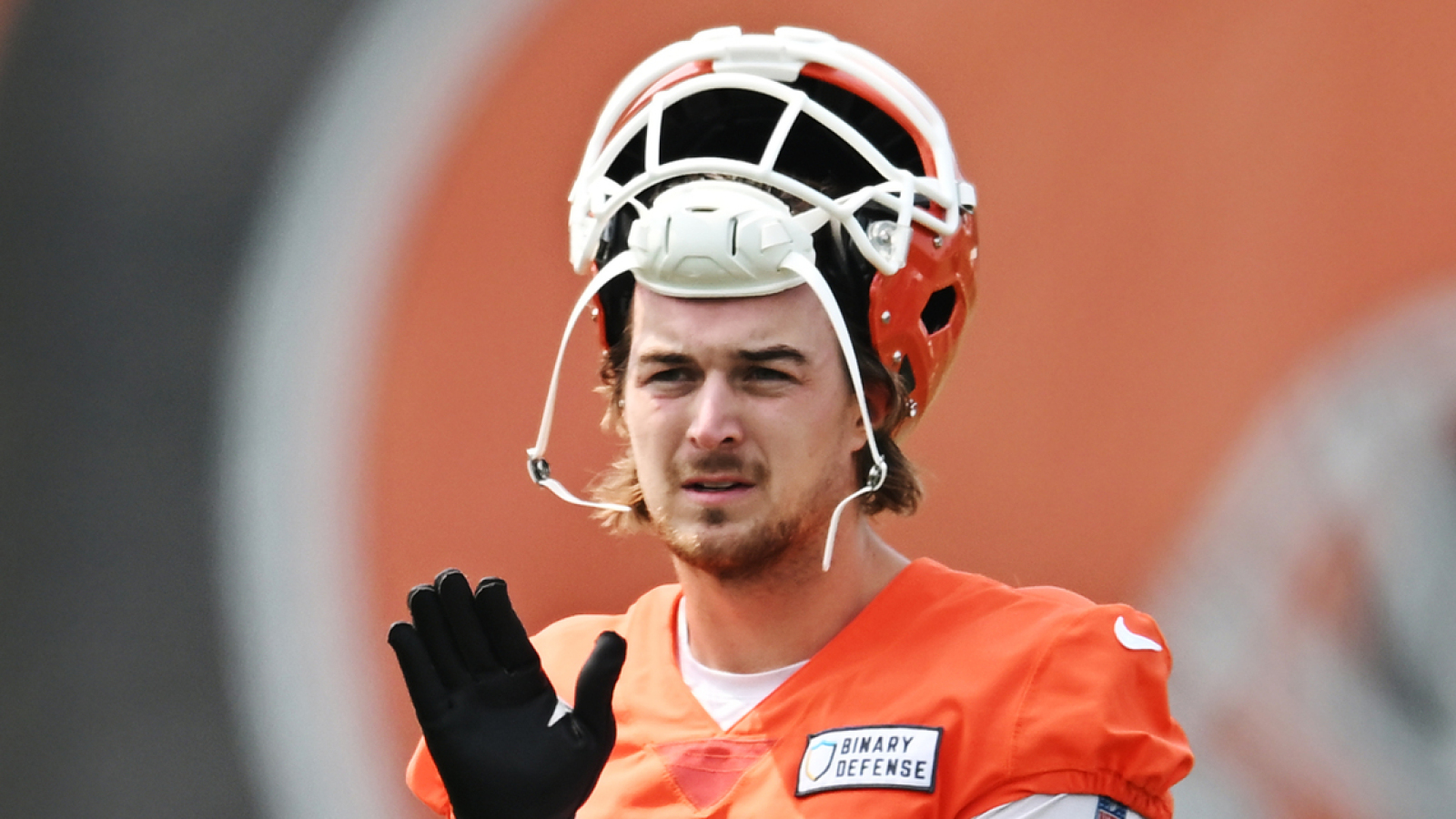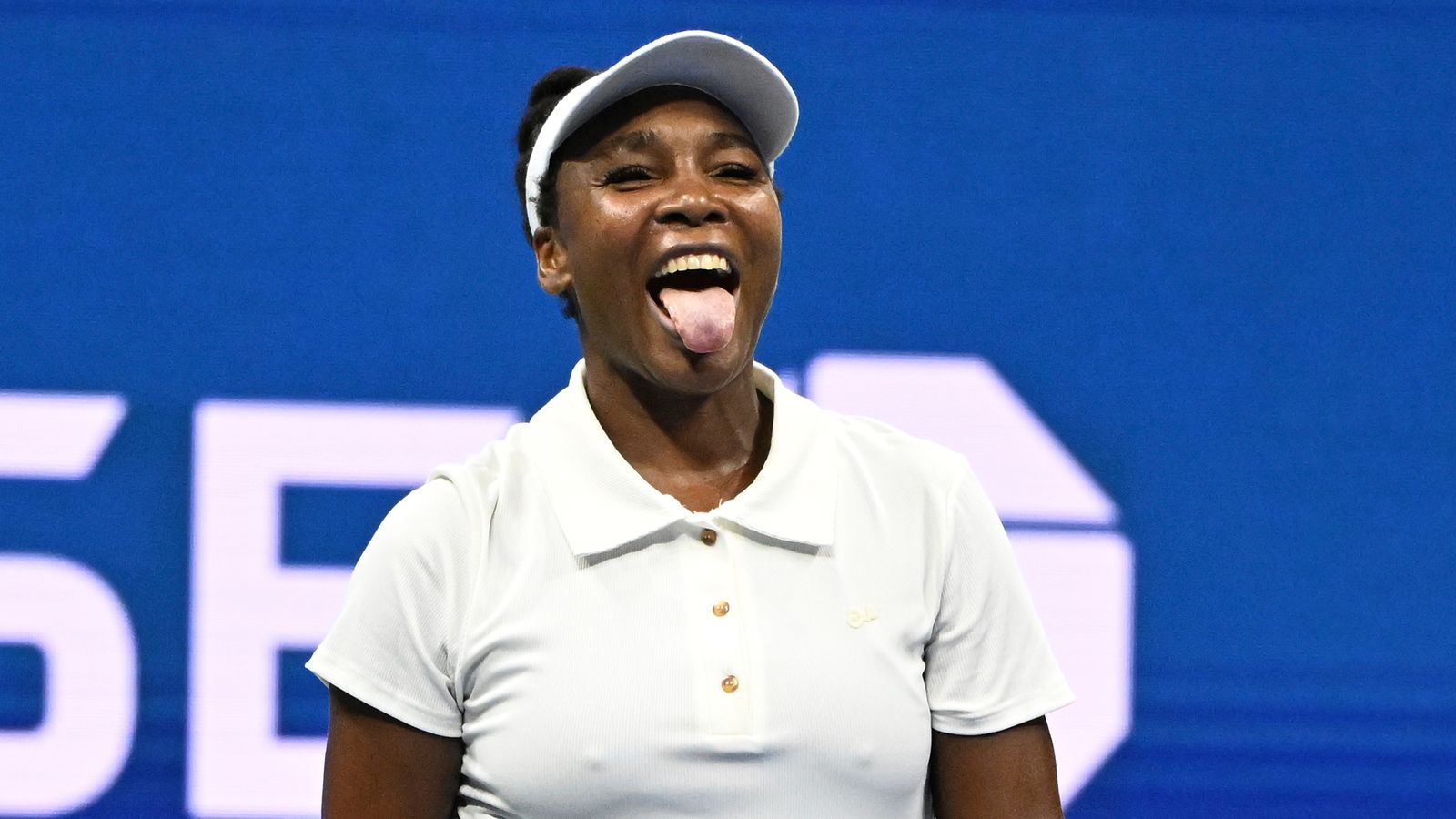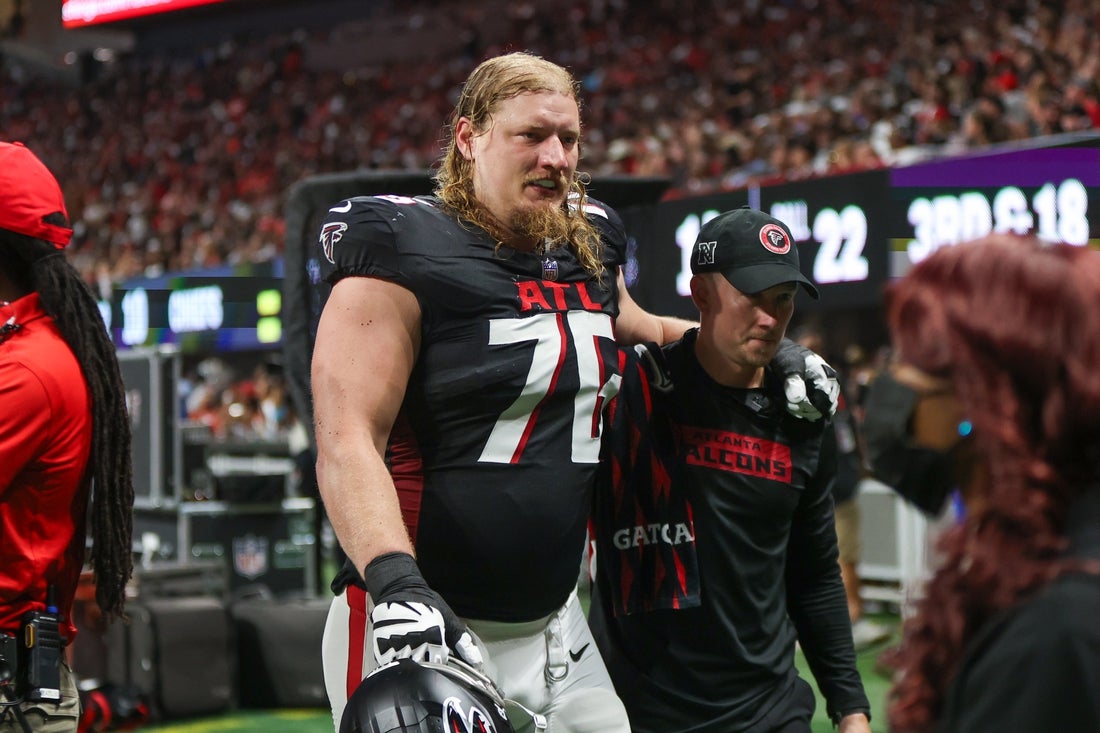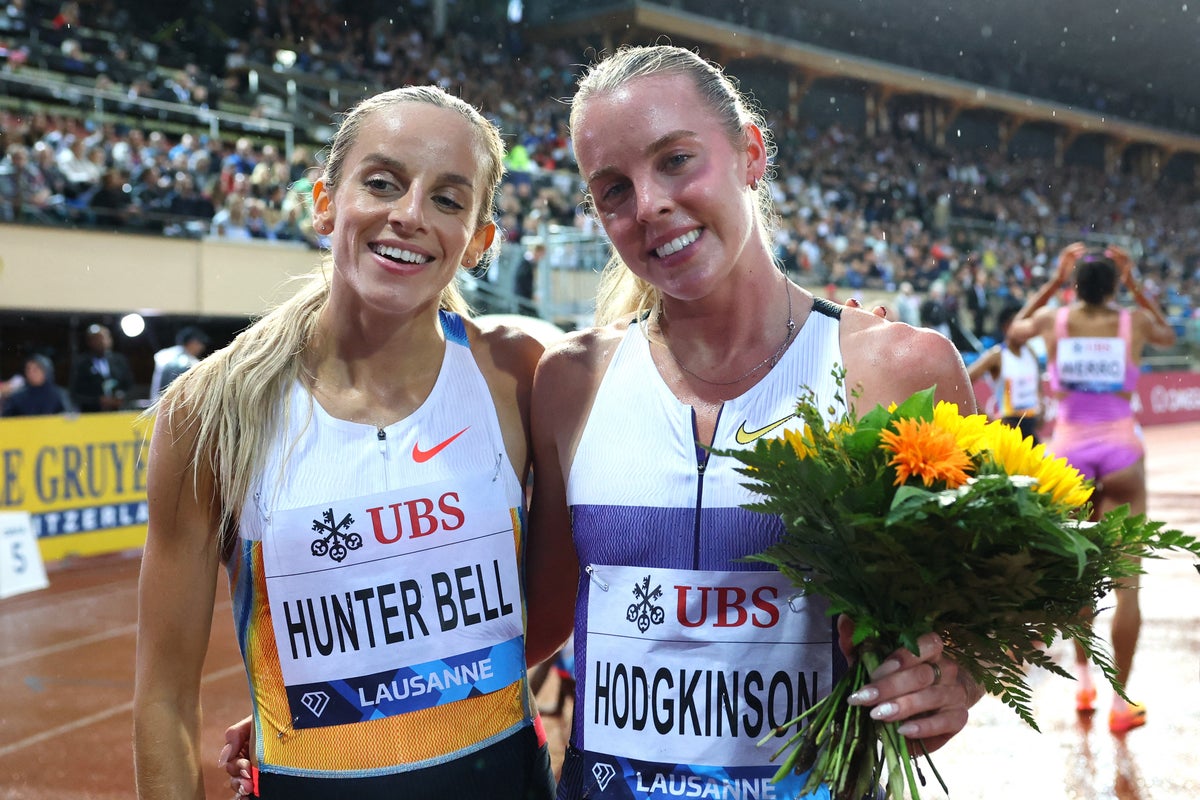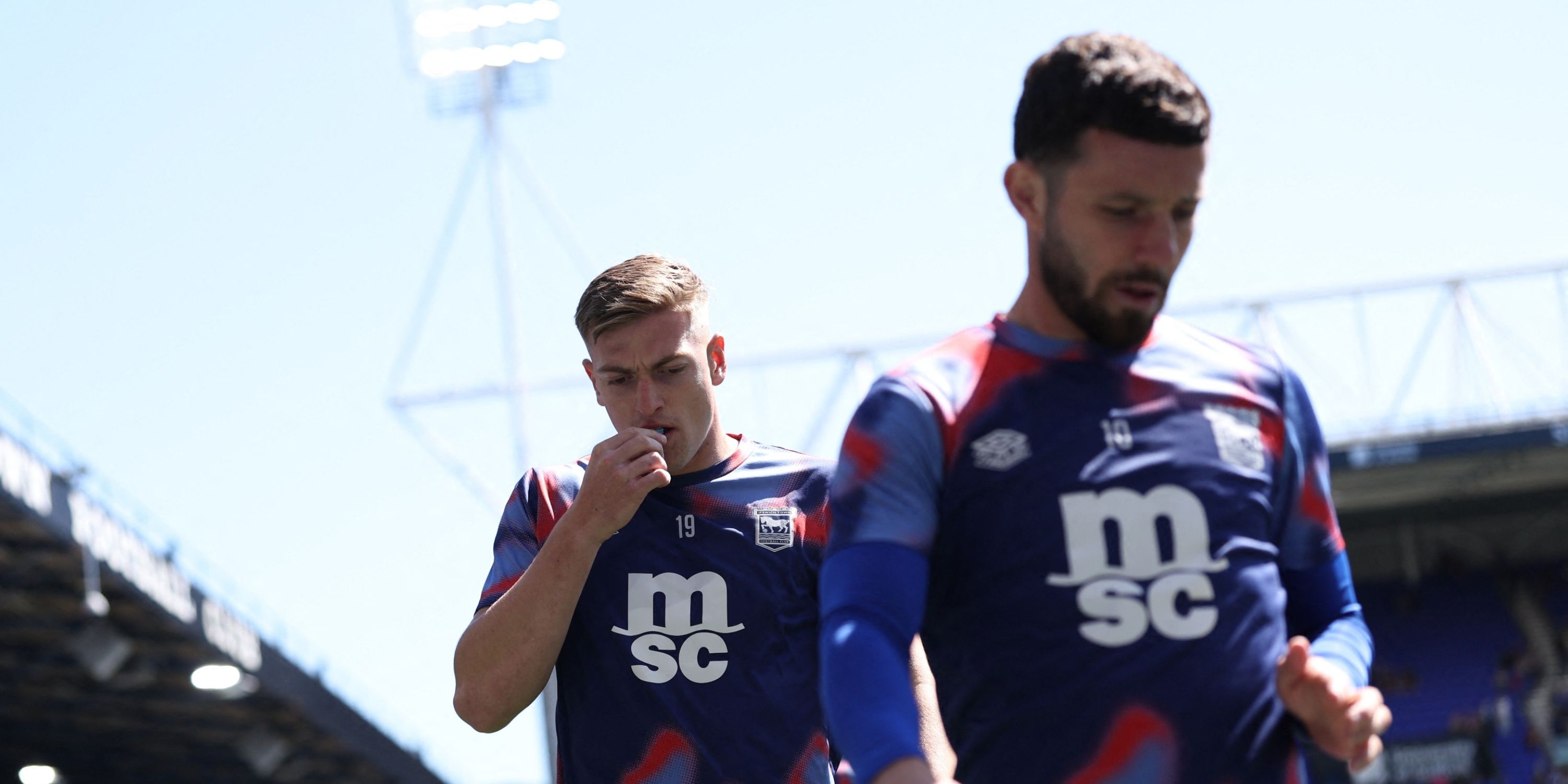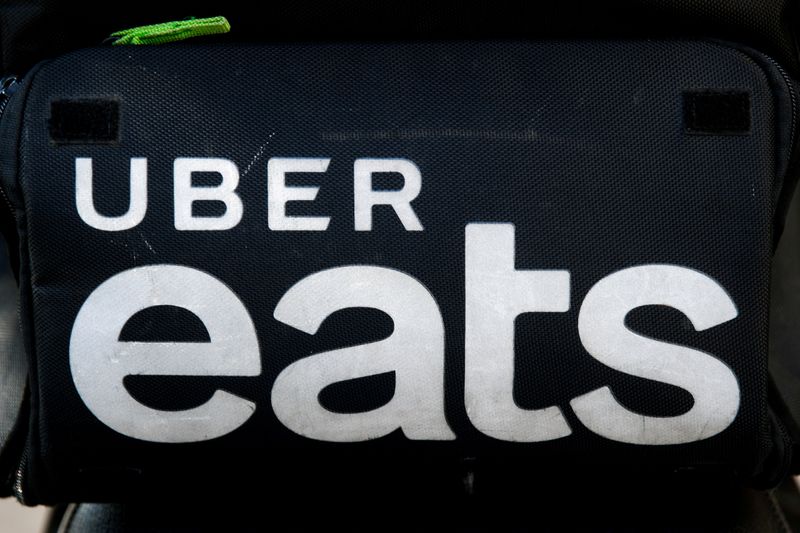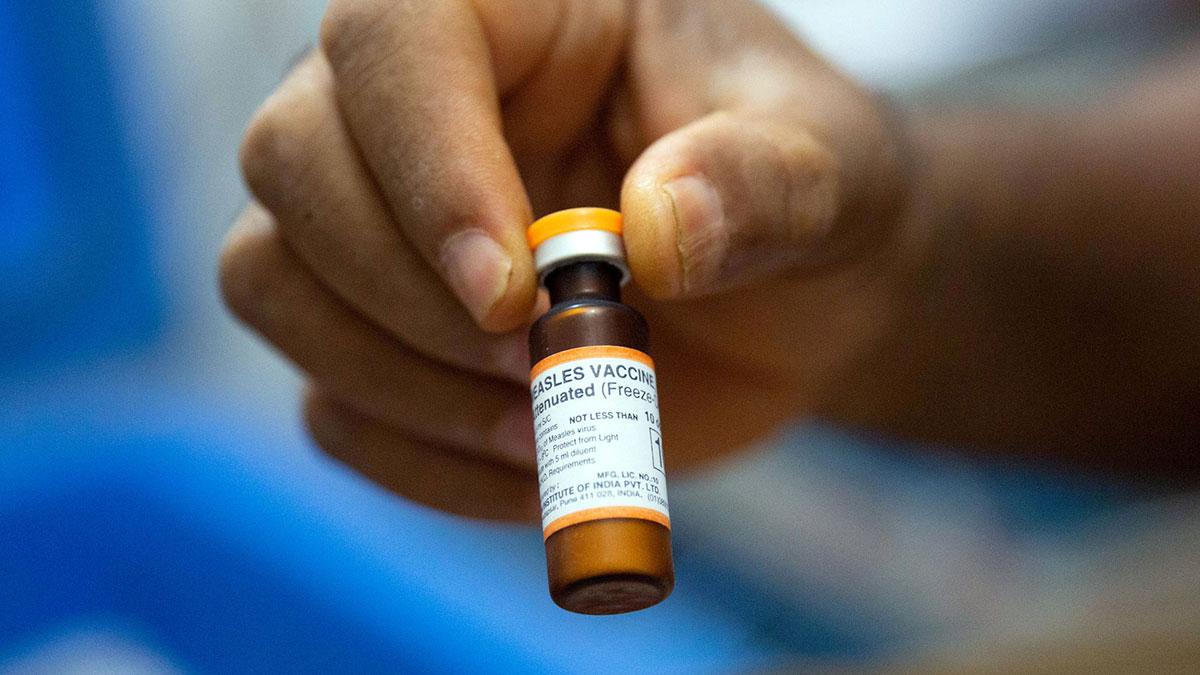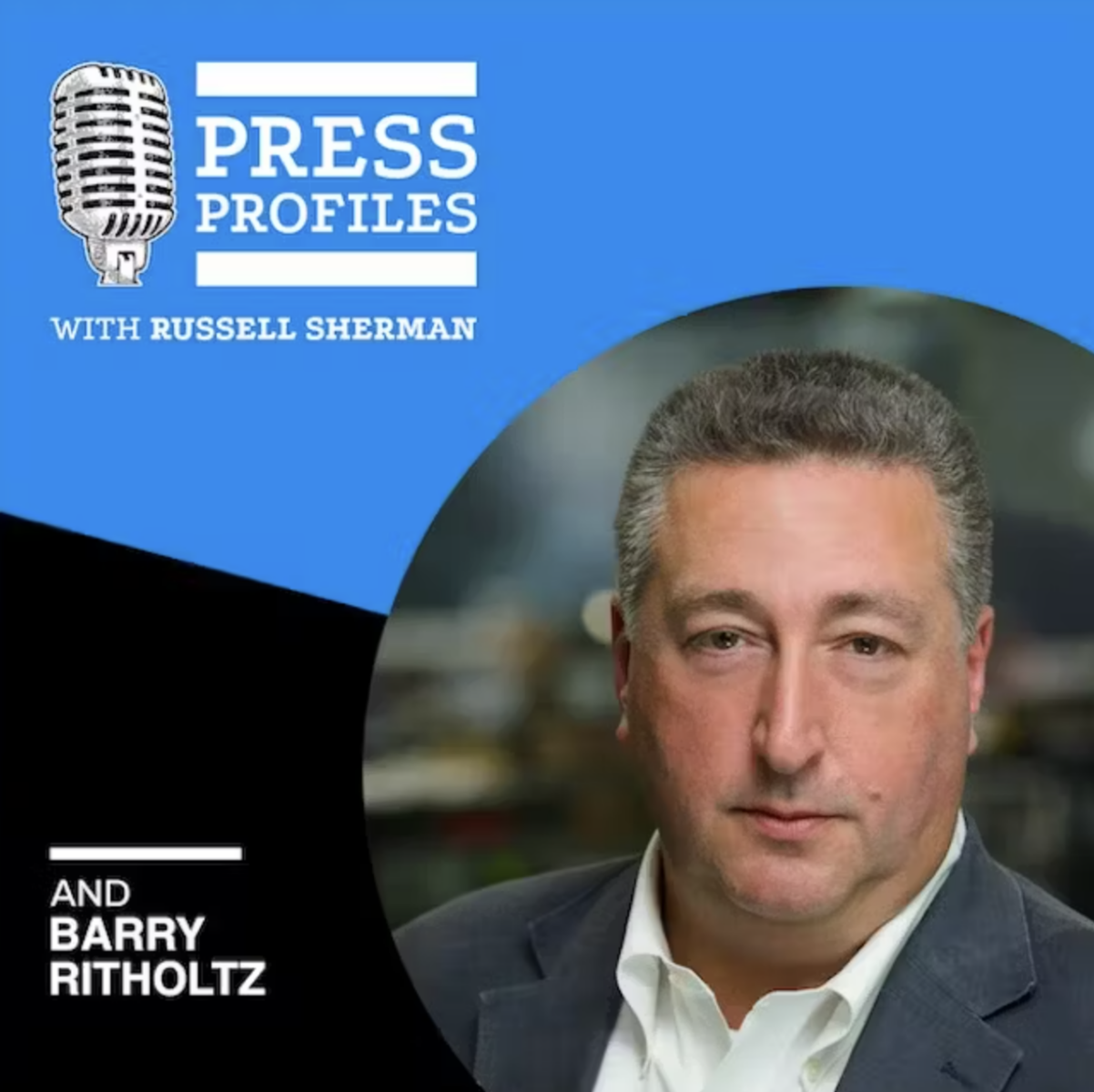It is strange that there was some perception floating out there that Justin Verlander needed a win in the World Series to somehow justify his career. When you’ve got 244 of them — no matter what pitcher wins might mean or don’t mean these days — and another 15 to boot in the postseason, you’d think your career was pretty well stated as one of the best in recent memory.
But it was out there, as Verlander had been only OK in his World Series career instead of the fuck-you machine he’s basically been in the regular season and everywhere else in the playoffs (ask Oakland A’s fans what they think of Verlander in the postseason). He’d made six career World Series starts, and though half of them were quality starts, his team hadn’t won any. So it was easy to reach for that on the biggest stage, i.e. his resume was missing something.
This was horseshit, of course. Verlander’s seven World Series starts now account for 1.3 percent of his total starts, both regular season and playoffs. And again, half of his World Series starts before Thursday night, and now four of seven, were of the quality variety. So really, he’s had three bad starts in his World Series career, or half a percent of his career starts.
Considering that when a pitcher is starting in the World Series, he’s either facing a great offense that is the main reason the opponent got there in the first place (2017 Dodgers) or one that’s caught fire enough in the past couple weeks to get them there (2006 Cardinals, 2012 Giants). If Verlander had to face that quality of offense hitting that well in every start, we’d marvel at him going six innings and giving up three runs or less three out of seven times. The same applies to Clayton Kershaw, of course, but the ease with which the Dodgers get through the regular season now and the use of the playoffs to define all will never let him live freely, either.
Seven starts spread out over 16 years, and yet there was the best pitcher of his generation having to somehow prove something to someone, someone merely interested in being a counter to popular thinking simply to do it, probably.
G/O Media may get a commission

Wear your fandom on your sleeve.
MobyFox’s officially-licensed bands and custom watch faces are homages to fandoms spanning decades—from The Beatles, to Black Panther.
Verlander had to dance through the raindrops a bit in Game 5, but he did it, surrendering only Kyle Schwarber’s leadoff homer in five innings. He struck out six but walked four, leading him into the fire which he then got out of.
His game plan wasn’t all that different from Christian Javier’s in Game 4, throwing 56 fastballs out of his 97 pitches. He would only give up three hits on his fastball the rest of his outing, the only three he gave up after Schwarber’s homer. He attacked Bryce Harper relentlessly, and stayed up in the zone just like Javier did.
Of course, Verlander has more weapons than Javier does, at least at the moment. So he played his slider and curve off that fastball in the top of the zone, rarely burying it at hitters’ feet as you might expect. Rhys Hoskins and J.T. Realmuto saw a heavy dose of sliders which they didn’t do anything with. That was probably the difference between Verlander’s Game 1 and Game 5 start, that being he actually knew where his breaking stuff was going.
Whether it becomes a capstone victory for his career depends on whether the Astros can get one more win. Verlander’s career shouldn’t look any different if they do or don’t, even if staring down one of the most hostile environments MLB has to offer and being the guiding light for his team is pretty damn ballsy. But it’s probably a small relief to Verlander, and to all of us who insist on overdosing on logic, that there’s something to point to in the World Series where Verlander was Verlander. Even if it is the most unnecessary ammo ever.


